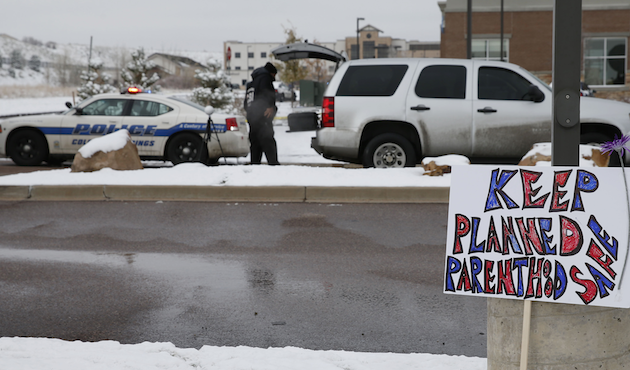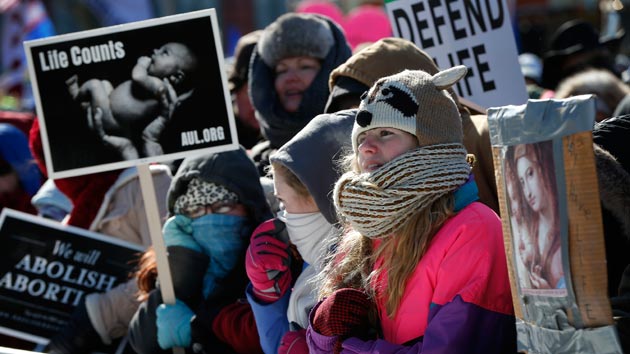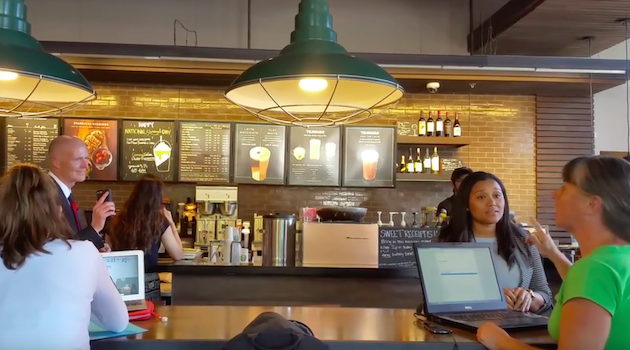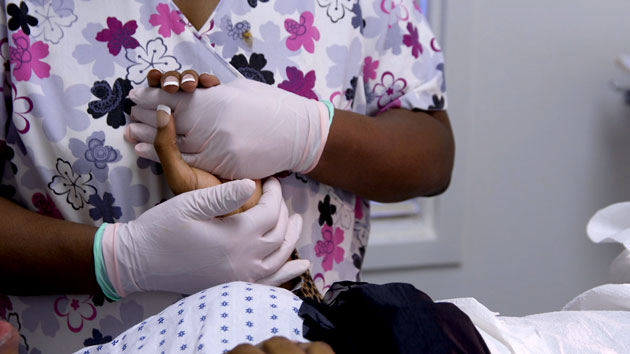
David Zalubowski/AP
An abortion provider in Washington, D.C. has filed a legal complaint against the hospital where she is currently completing a two-year fellowship, alleging that administrators violated her civil rights by effectively silencing her from publicly supporting the right to an abortion, the New York Times reports.
According to Diane Horvath-Cosper, MedStar Hospital Center in D.C. began to bar her from defending the medical procedure in interviews and newspapers editorials soon after the deadly shooting at a Planned Parenthood facility in Colorado last November. The attack was the most deadly in a recent surge of violence directed at abortion providers after anti-abortion activists released a string of heavily-edited videos purporting to show Planned Parenthood officials administering the sale of fetal tissues.
“The dialogue is dominated by those who have demonized this totally normal part of health care,” Horvath-Cosper said in an interview with the Times. “I don’t think the way to deal with bullies is to cower and pull back.”
Horvath-Cosper’s lawyers say that in addition to violating her legal protection from employment discrimination based on her stance on abortion, which is guaranteed by the Supreme Court in its 1973 decision Roe. v Wade, the hospital failed to provide the proper security measures to keep her physically safe from attacks.
Horvath-Cosper’s legal battle comes amid the continuing efforts by conservative lawmakers to roll back women’s access to legal abortions around the country and several state’s attempts to defund Planned Parenthood. In response, some abortion rights activists have embraced the #ShoutYourAbortion campaign in hopes to destigmatize the medical procedure. Others, have adopted similar approaches to MedStar Hospital Center and have actively sought to avoid attracting such attention out of concern for the public safety and the safety of staff members who assist with performing abortions.
According to the Times, when Dr. Horvath-Cosper attempted to come to an arrangement in which she could still write about abortion without mentioning where she worked, the hospital suggested she abandon her fellowship if she wanted to maintain her public advocacy.














